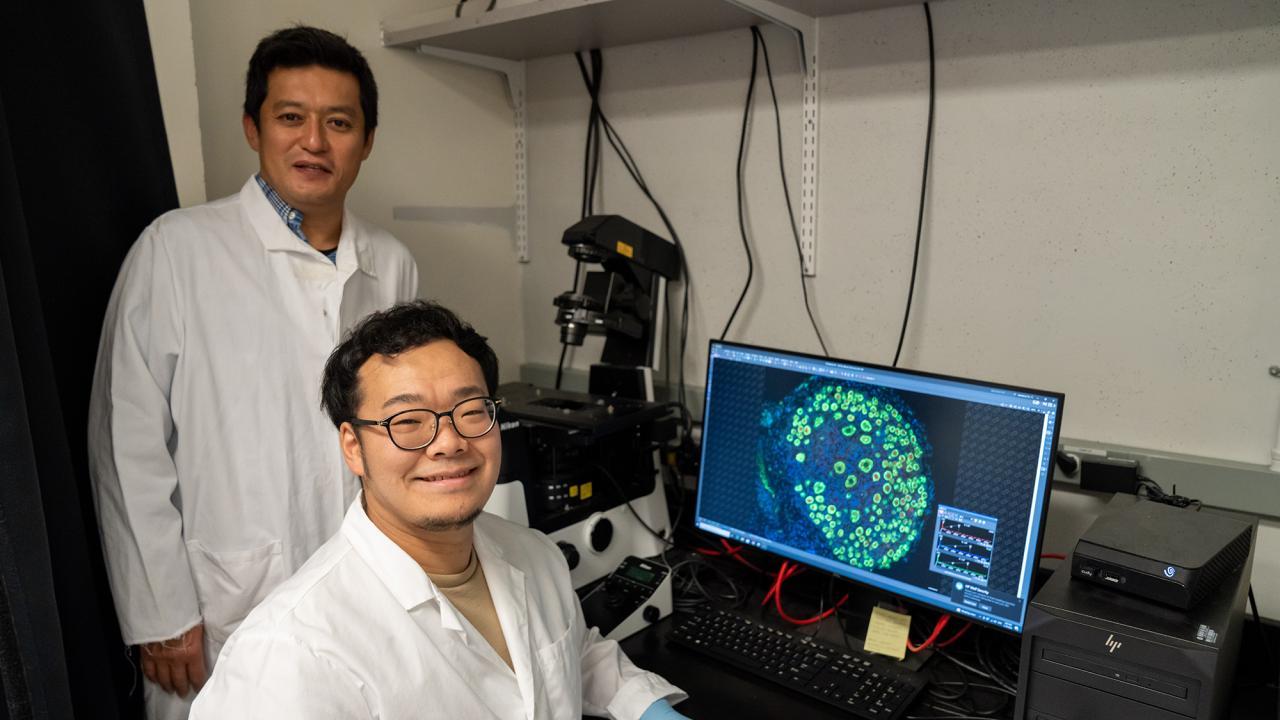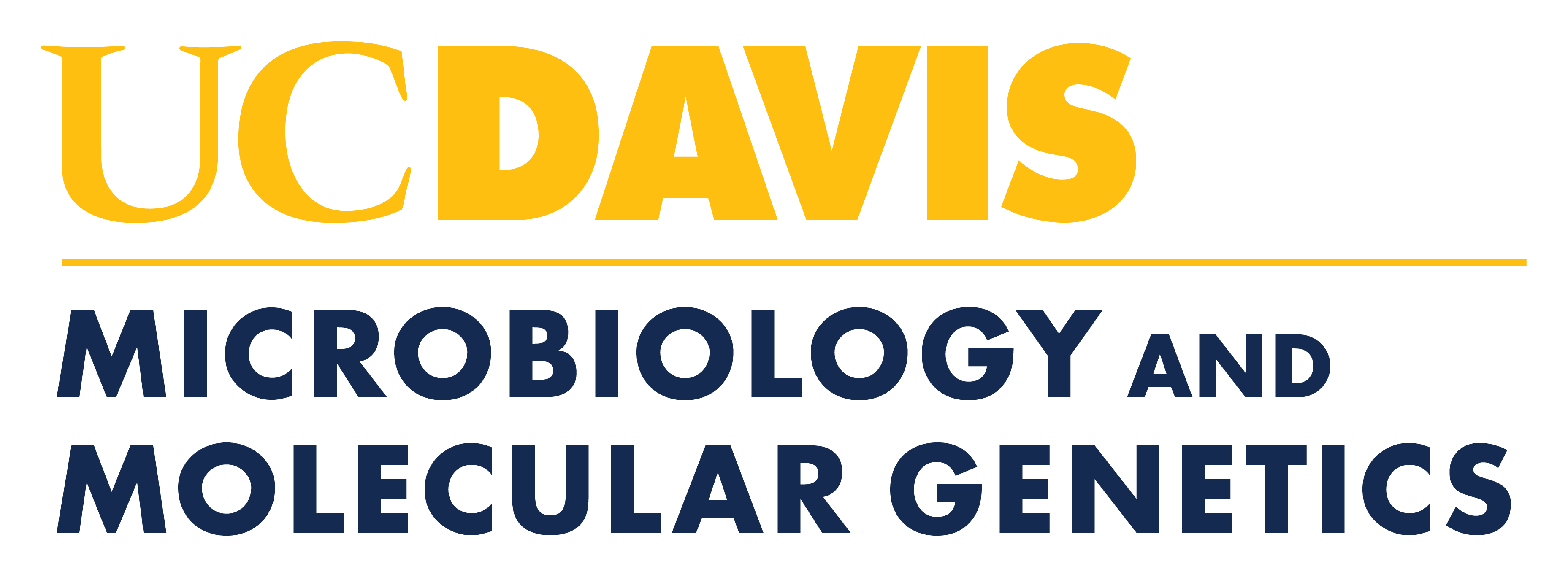
Defects in DNA Packaging May Drive Age-Related Decline in Fertility
Prestigious new GCRLE grant will fund research into the epigenetic origins of reproductive aging
Yasuhisa Munakata, a postdoctoral fellow in the College of Biological Sciences, has received a grant to study how egg cells in the ovary change over time. “Our goal is to understand female reproductive aging, and why fertility rapidly declines starting in the mid-30s,” says Satoshi Namekawa, a professor of Microbiology and Molecular Genetics, in whose lab Munakata works.
The grant from the Global Consortium for Reproductive Longevity and Equity (GCRLE) was announced in June. It will provide $200,000 in funding, spread over two years. With it, Munakata will examine a little-known aspect of reproductive biology: the way an egg cell stops growing and enters a holding pattern, right around the time a female is born. At this point, the cell’s DNA is packaged with a matrix of specialized proteins – leaving it primed for the crucial moment, decades later, when the egg is fertilized and begins growing into an embryo.
“We don’t know how these cells are maintained for decades,” says Namekawa. “We want to know the secret of this mechanism.” He and Munakata believe that gradual changes in the way the DNA is stored could lead to a loss of fertility as women age. If so, their research could pave the way for improved treatment and diagnosis of fertility problems.
Read the full story here.
